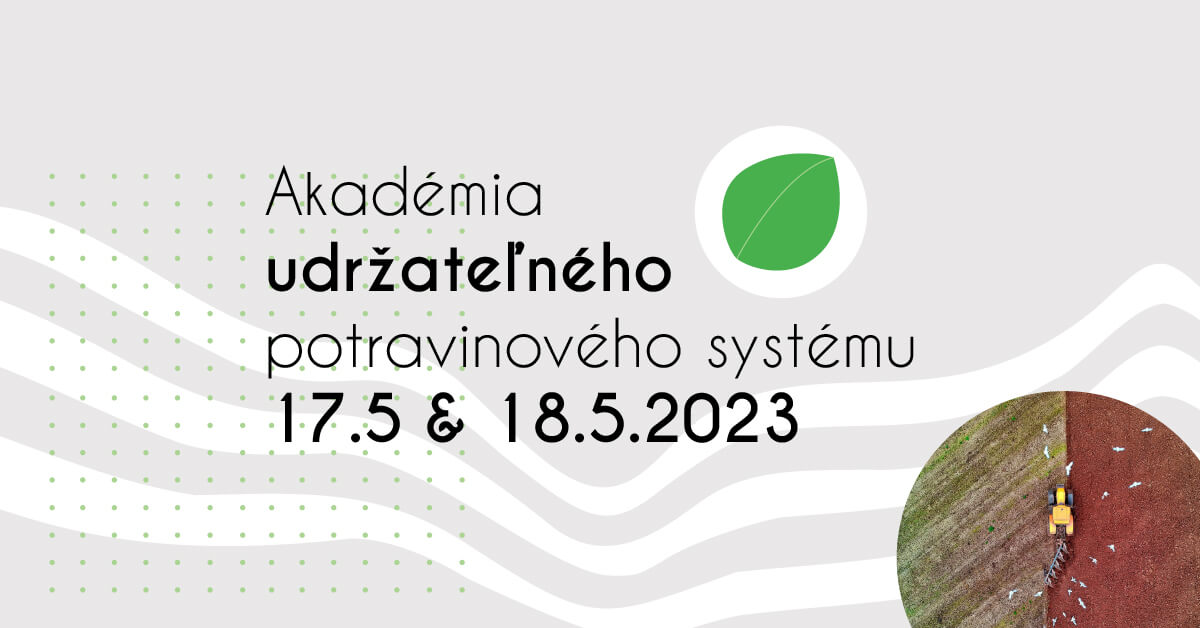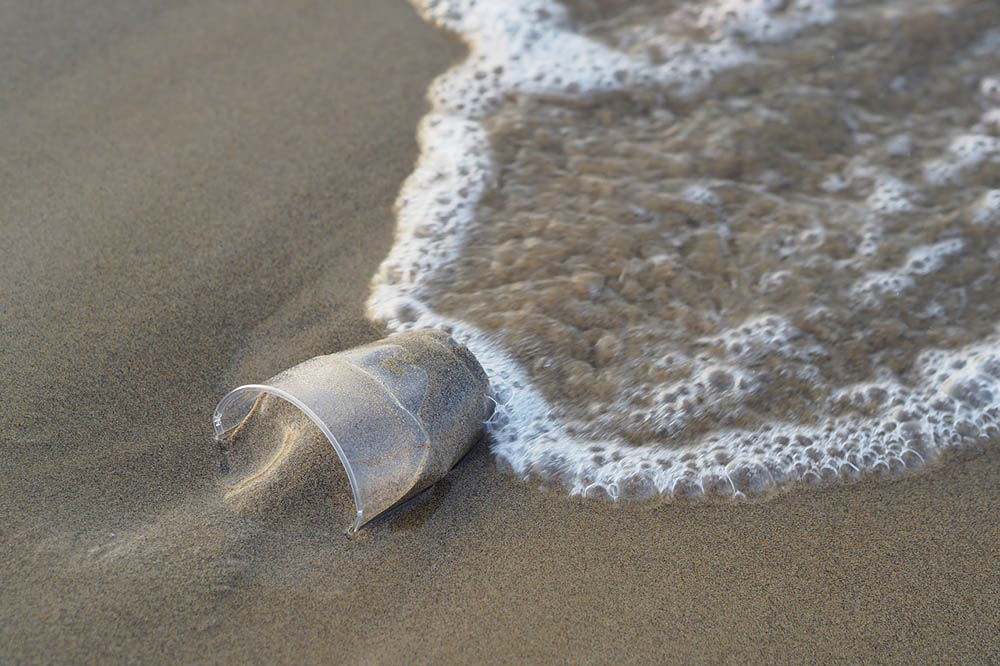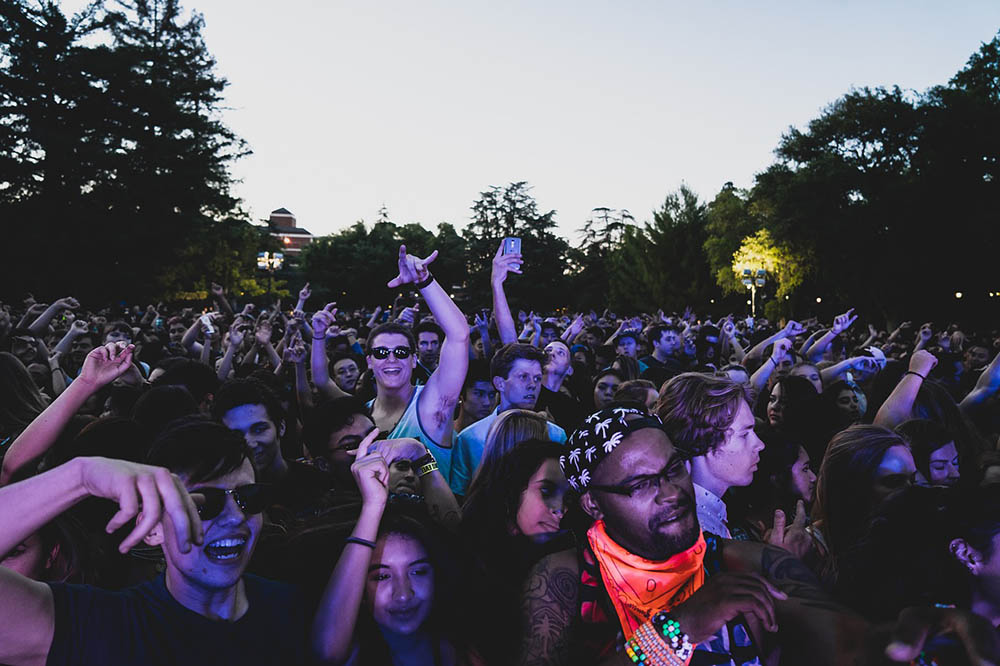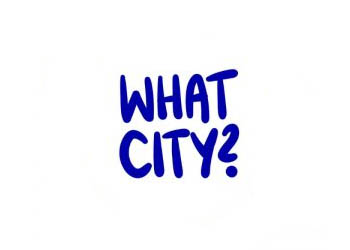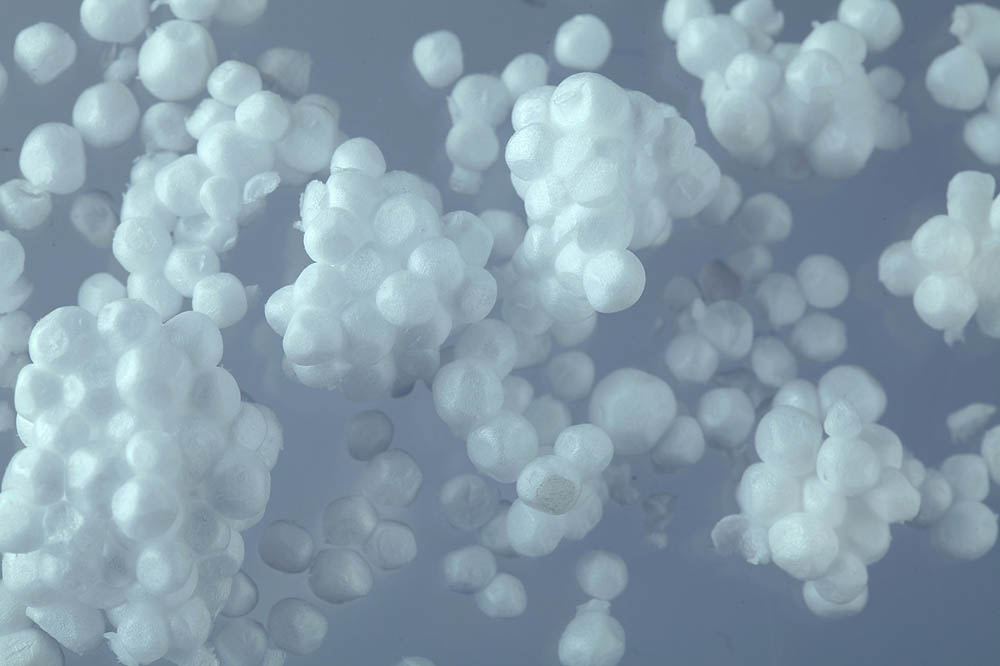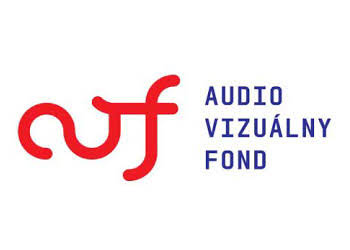FARM to FORK PROJECT
Through this project we educate on food, food cultivation and its impact on the environment, as well as the theme of preserving biodiversity, carbon neutrality in the context of agriculture/economy.
Food-related topics are the main themes. A long-neglected topic that has not been given much space is becoming more than topical in the fight with climate change. We answer questions such as:
- Do we know where the food that got on our table came from?
- Who is responsible for the state of agriculture in Slovakia and who and how can change this situation?
- How to close material flows at agricultural level?
- How agriculture can help adapt to climate change.
All and much more, students of gastro-oriented schools, as well as farmers themselves, learn through workshops, webinars, and the web. This gives them the tools to change. The main goal and intention is to obtain effective and usable information from Slovakia and good examples from practice from all over the world.
This project is financed from the financing mechanism of Pontis Foundation – Metro Cash&Carry foundation fund.
OFFICES WITHOUT A TRASH BIN
Project “Offices without a trash bin” was created to reduce the negative impact on the environment through proper prevention of waste at work, especially in office environments.
In the office, many of us spend up to a third of our lives. That is why it is important that we reflect on the consequences of our daily functioning in this environment as well. The ideal would be not to create any waste in the office and therefore not to have any bins. We know that in today’s world it may be a utopia, but every change for the better counts!
The pilot project took place at CURAPROX in 2017.
Later, it took over this concept under the auspices of INCIEN and began to reshape the offices of other companies, organizations, and institutions. Important graduates to whom we have tailor made circular and waste free concepts are for example, the Embassy of the Kingdom of the Netherlands in Bratislava, the Office of the President of the Slovak Republic, Corwin, Berlin Brands Group Slovakia, 365 Banka. We also follow the principles for less waste in our mansion, where there is a community of people who sincerely care about the environment. In autumn 2019, with financial support from the Green Education Fund within, we launched a series of workshops. During these, we trained ambassadors for less waste from 16 selected companies, institutions, and organizations. They were tasked with educating their colleagues and introducing changes in their working environment. Within this project, a project manual was created, as well as workbooks, which we provide to other organizations after completing the course with our organization.
The partners of this project are: the Green Educational Fund, the Ministry of Environment of the Slovak Republic and the Slovak Environment Agency
We continue to develop the concept with other organizations. The project moves to the next stages of measuring the overall environmental impact, carbon footprint etc.
This project is now a part of the initiative of Slovakia’s Presidential Office – Green Institutions. The aim of this initiative is to inspire other organizations to implement different criteria and create the whole network of sustainable institutions.
FESTIVALS WITHOUT WASTE
Since 2011, o.z. Punkt has organized in Bratislava a popular event, Good Market, attended by thousands of people. Punkt developed in cooperation with INCIEN a methodology which resulted in a significant decrease in the area of unnecessary municipal waste.
Festivals and other events should act responsibly and talk about important topics. Waste prevention is a social theme that affects everyone in no difference and should be a normal part of events. A good market or Pohoda Festival managed to significantly reduce municipal and residual waste, but also to bring awareness among its visitors. It is important to spread the ideas of Zero Waste among other organizers of public events throughout Slovakia, and to encourage them to start producing less waste at their events.
At the expert workshops we share our experience, talk about the different stages of preparation and implementation of the event based on ZW and solutions of possible obstacles.
WHAT CITY?
Expert Workshop WhatCity? This workshop was set up in response to the situation in Slovakia, where more than half of waste ends up in landfills and we are still lagging behind in meeting recycling targets as a country. The aim of the workshop was to reflect the major themes of climate change, the circular economy and urban development on a scale within which they can be addressed. We talked about the circular economy at the level of municipalities, how municipalities can use waste as sources of materials, and how to connect urban businesses and service suppliers in this common goal. The workshop was designed for representatives of municipalities, towns, higher municipality unit, municipal enterprises and the professional public.
The workshop presented practical examples of:
- Circular scan of the city of Prague, its outputs and implications
- Successful interconnection of urban enterprises in Maribor, which created closed cycles of materials and energy
- (Almost) Zero Waste city of Ljubljana that dumped most waste in the past
- Reuse centers in Vienna, which are a key tool for waste prevention
- Visualizations of processes by Dutch experts to serve all the stakeholders and help to lead the city towards a circular economy.
- Experts in the field of finance will present possibilities for financing circulating solutions at the level of towns and villages (representatives of Slovenská sporiteľňa and operational programme environmental quality).
An excursion to the places where waste ends in Bratislava was also organized as part of the event.
We organized this event in cooperation with the civic association Punkt and the Ministry of Environment.
EPS – INCIEN
COOPERATION PROJECT BETWEEN INCIEN AND THE ASSOCIATION OF PRODUCERS OF EXPANDED POLYSTYRENE (EPS)
As part of the international association within the framework of the Plastics Strategy, the Slovak Association EPS SR has set a bold voluntary recycling target that in 2025 the recycling rate in Slovakia will reach more than 50% in the field of packaging expanded polystyrene as well as construction.
Part of the achievement of the ambitious goal was the creation of cooperation with the non-profit organization Institute for Circular Economy. The aim of the cooperation was to:
- analyze the status of information regarding the entire material flow, from production to waste generation from EPS
- obtain EPS data, both the amount of material produced and recycled and the potential to meet the circularity goal on the Slovak market
- propose solutions to achieve these objectives and start effective cooperation on its solution.
“CIRCULAR CUP”
Disposable plastics form a not insignificant part of the waste, which ends up in landfills and also in the wild. Both cases are the environmental problem of our time. The aim of the CIRCULAR CUP project is to create a “closed loop” system of cups that are reusable and biodegradable.
The NUATAN CUP is made of material, Nonoilen, which is the result of long-term cooperation of the Faculty of Chemical and Food Technology of stu in Bratislava and the commercial company PANARA s.r.o.
It is a bioplastic that is unique in that it is made of renewable materials and 100% biodegradable. Cups are capable of biological decomposition by composting within two months without residual microplastics. Its uniqueness lies in the possibility of reuse and its resistance to high temperature – up to 100 degrees Celsius. That’s why glasses are also made for hot drinks and dishwashers.
How is the project implemented?
Reusable Nonoilen cups INCIEN provides small and medium-sized events for use during their course. We have created a manual for events to which INCIEN will provide cups. The project includes the collection of data on the efficiency of the system and material. Furthermore, information and data will be provided to Panara, as well as to the manufacturer as well as stu, department of plastics, rubber and fibers at ÚPSP FCHPT.
The project was created with the support of the Tesco Foundation Fund.
AUDIOVISUAL FUND
The audiovisual industry carries with it a significant negative ecological footprint, as does other types of industry, human activity. Waste generation as well as the use of energy resources are important.
As an organizational part of the Audiovisual Fund in cooperation with the Institute for Circular Economy, the Slovak Film Agency has prepared a challenge that responds to the need to create a platform for informing, educating and supporting Slovak professionals in the search for sustainable solutions in the production of audiovisual works.
The aim of cooperation is to strengthen its responsibilities in the field of environmental protection.
The output of the cooperation is also the GREEN MANUAL – designed to help and support independent producers and their production teams to reduce negative environmental impacts in their audio-visual production. The manual contains a set of recommendations focusing on the basic areas in film production.
The Audiovisual Fund is a partner of the project.
